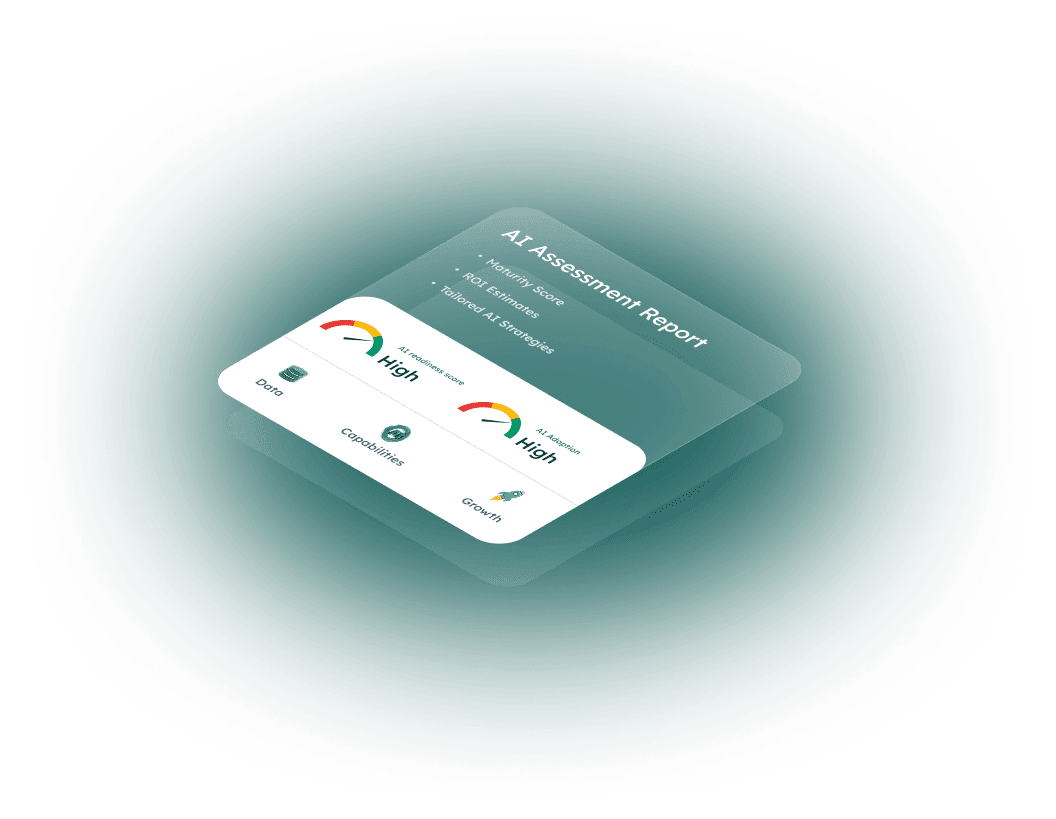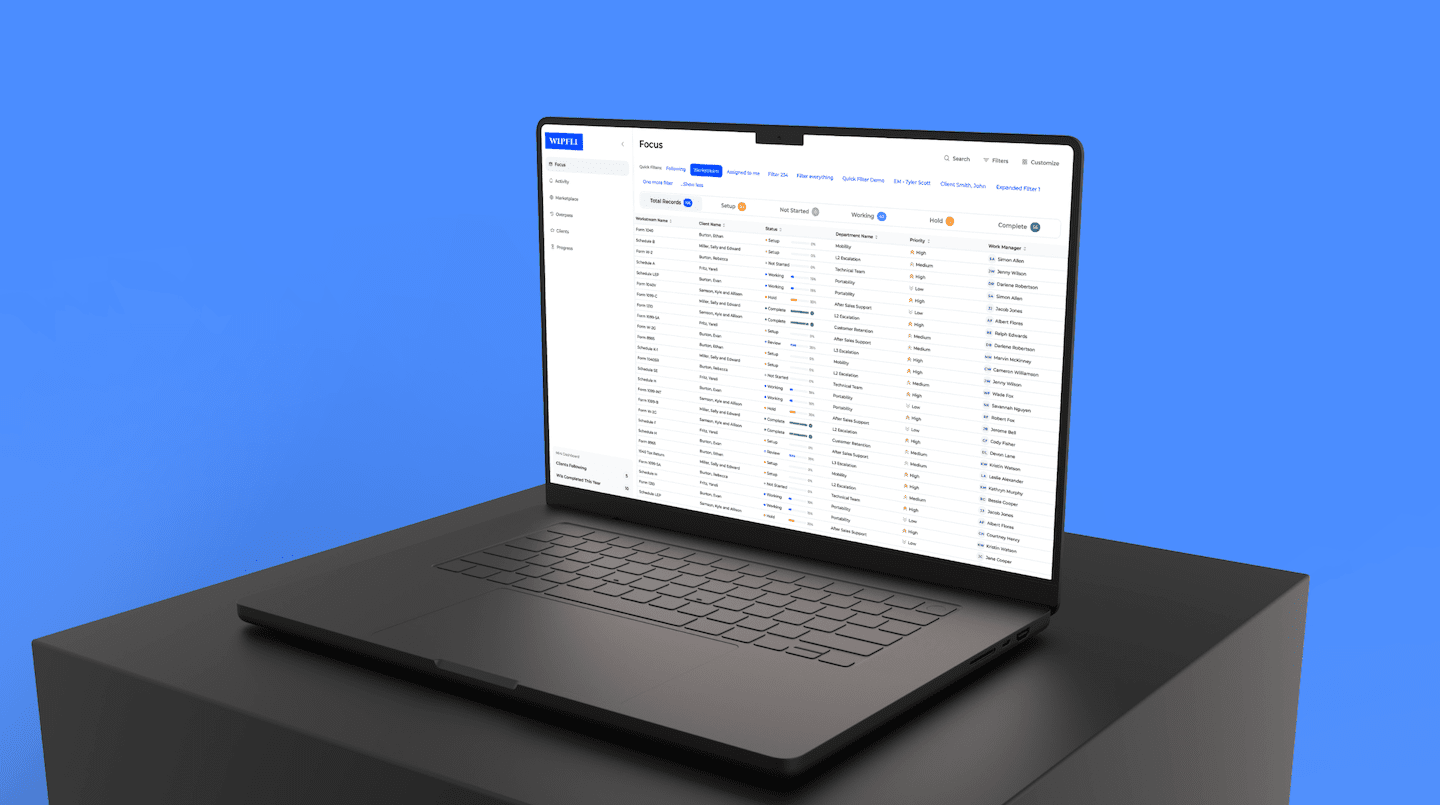Your Partner for Development






All You Need To Power Up Your Business
Whether you're figuring out AI or struggling with legacy systems, we provide solutions to get you to the next level. Taazaa is a whole-lifecycle partner for strategy, design, development, and implementation. We deliver the future of your business today: Smarter workflows. Faster decisions. Rapid ROI.

Enterprise
Large enterprises and Fortune 1000 divisions driving transformation at scale often have strong teams hindered by legacy systems, silos, and red tape.
We help accelerate innovation with system modernization, enterprise-wide integration, AI pilots that move to production, and flexible team extension so you can deliver transformation without overloading internal resources.

Mid-Market
For mid-sized organizations scaling across regions and business units, rapid growth often creates complexity: fragmented systems, manual processes, and overstretched teams.
We help unify data, streamline workflows, mature RevOps, and scale go-to-market execution, giving your teams the capacity and clarity to grow faster with less friction.

Scale-ups and Growth Stages
For ambitious startups ready to move from product-market fit to enterprise scale, you’ve proven your product works and now investors and customers expect rapid growth.
We bring agile product engineering, mobile-first design, AI enablement, and fast integrations to help you launch features quickly, scale platforms, and expand to other markets without burning out your team.
Business modernization starts here.
We provide scalable, secure solutions that allow innovative industry leaders to achieve rapid, sustainable growth through the strategic application of the latest technologies.
AI for Business Acceleration
Tailored Solutions Development
Rapid Implementation
Seamless Integration & Support
Your success is our success.
Get in touch.
Tell us what brings you here and we’ll help you move more efficiently with more intelligence.

Taazaa Inc.
For inquiries, please contact info@taazaa.com.
Here’s what our partners have to say.
Get a free AI readiness
assessment.
Level Up Your Business










.svg)






